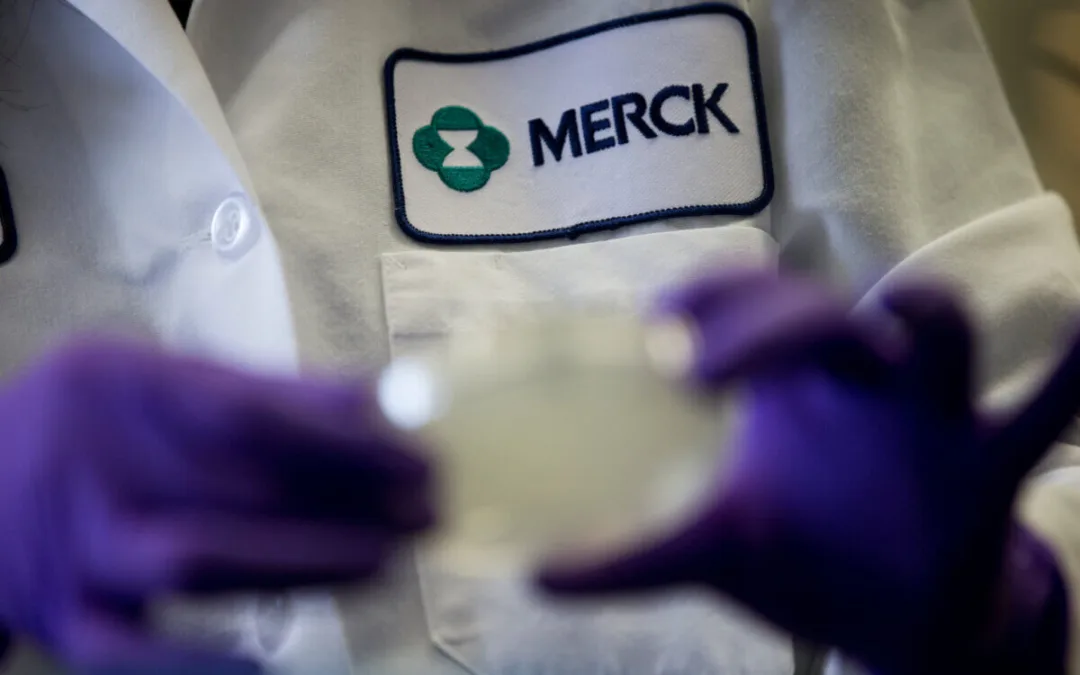
Image via AP
The Republican politician has insisted the move was guided by data and state public health officials.
ATLANTA (AP) — Data on coronavirus infections that was a key driver in Georgia Gov. Brian Kemp’s aggressive push to reopen the state was flawed and may have distorted perceptions of progress against the virus.
Georgia Department of Public Health spokeswoman Nancy Nydam said in an emailed statement Thursday that the department included antibody tests when calculating the total number of tests conducted “since early April,” using the same methodology as the Centers for Disease Control and Prevention. She said about 57,000 of the 407,000 total tests reported to the state have been antibody tests.
RELATED: What’s Opening in PR Next Week
Antibody tests look for the presence of a protein that the body makes in reaction to the virus, while other, more common tests, called viral tests, look for the virus itself.
Conflating the two tests can create confusion about the current impact of the virus, said Dr. Richard Rothenberg, an infectious disease expert at Georgia State University. That’s because antibody tests tell you whether a person had the coronavirus in the past, not whether the person was infected at the time of the test.
RELATED: Weeks After Trump Compels Meat Processors to Remain Open, COVID-19 Breaks Out at NC Tyson Plant
Combining them can create “a false impression of what is happening now,” he said. He also noted that antibody tests made up about 15% of the total tests reported to the state — a figure that he said would make a “substantial impact” on the perception of the outbreak.
Antibody tests also tend to have lower rates of positive outcomes right now because they are being administered to a wide group of people, not just people suspected of being infected, said Benjamin Lopman, an epidemiologist at Emory University’s Rollins School of Public Health. So adding them to the testing numbers will “lower the percent positive in a misleading way. I don’t see data that makes me very confident that we have this under control in Georgia,” he said.
Politics

Teamsters and UPS Reach Tentative Deal to Avoid Strike, 340,000 Workers to Get Raises
The tentative deal represents a huge win for full- and part-time UPS Teamster workers, who would get significant pay raises and better working...



One Republican Senator Is Blocking 265 Military Promotions, Leaving the Marines Without a Confirmed Leader
Sen. Tommy Tuberville's decision means these military officers are not getting the pay raises they’re owed, cannot move their families to wherever...
Local News



Teamsters and UPS Reach Tentative Deal to Avoid Strike, 340,000 Workers to Get Raises
The tentative deal represents a huge win for full- and part-time UPS Teamster workers, who would get significant pay raises and better working...



One Republican Senator Is Blocking 265 Military Promotions, Leaving the Marines Without a Confirmed Leader
Sen. Tommy Tuberville's decision means these military officers are not getting the pay raises they’re owed, cannot move their families to wherever...




